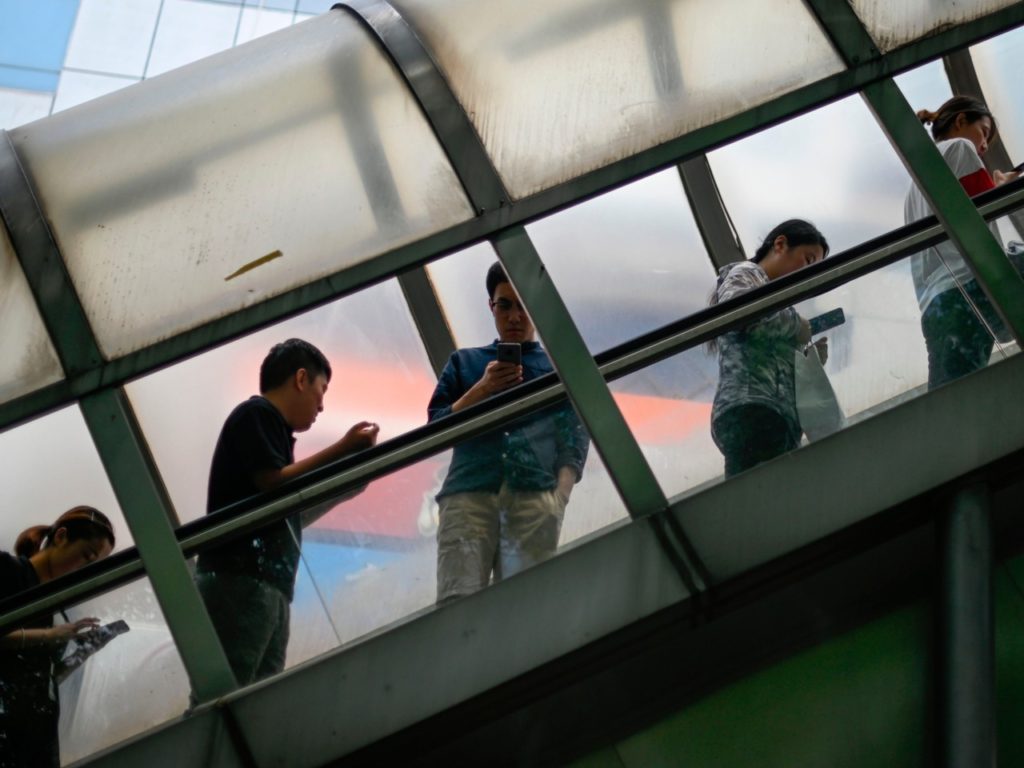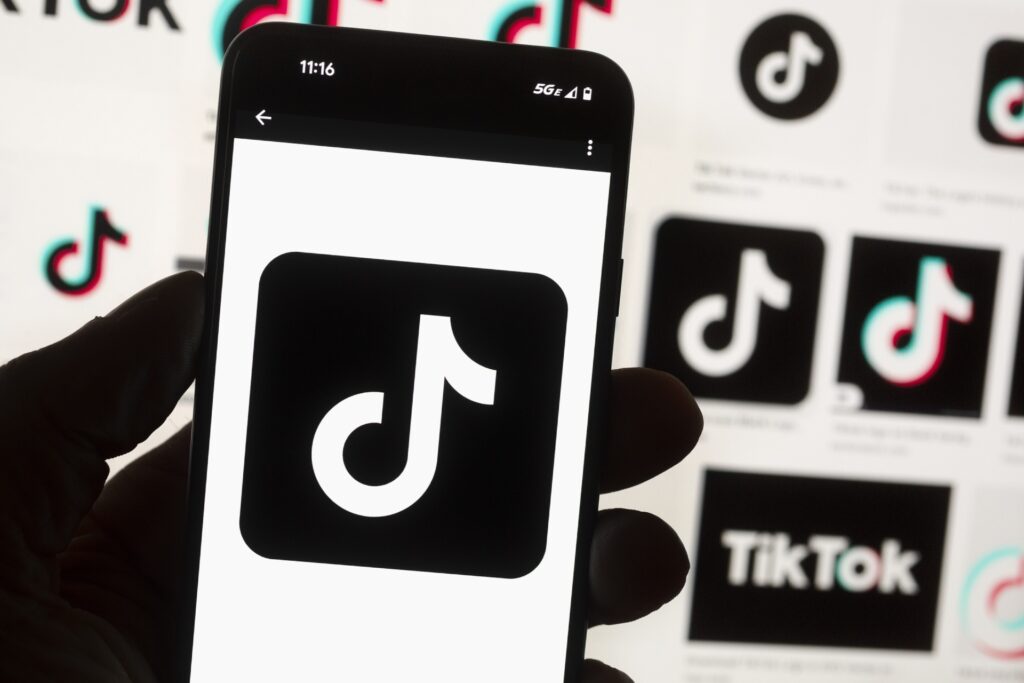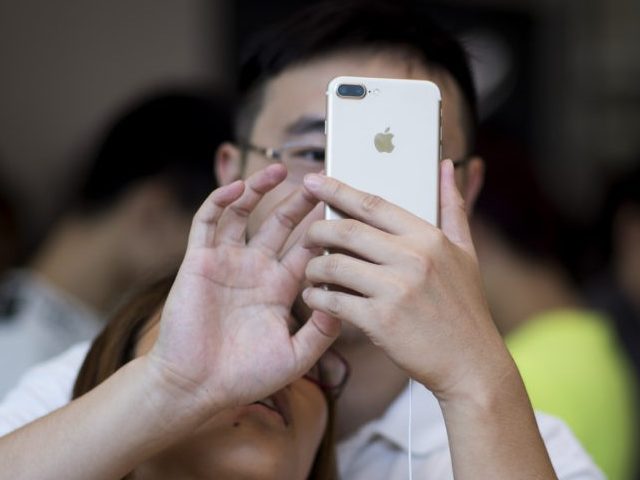The Wall Street Journal (WSJ) reported on Wednesday that Chinese government officials have been ordered not to use Apple iPhones and other foreign devices for work, potentially inflicting a major blow on sales of those devices in China, whose titanic government bureaucracy employs a sizable portion of the population.
Apple, in particular, gets about 19% of its revenue from sales in China, and has long been the favored brand among high-end Chinese smartphone customers. The WSJ noted some Chinese agencies have long restricted use of foreign phones by their employees, but such restrictions have been imposed more broadly over the past few weeks, and harsher enforcement has been threatened.
China’s restrictions obvious mirror those the U.S. government has imposed on Chinese brands like Huawei due to security concerns. Some U.S. allies have also banned or restricted Chinese smartphones and networking equipment.
“Chinese leader Xi Jinping has been emphasizing national security as its rivalry with the U.S. intensifies, leading to a tightening of state control over data and digital activities in recent years. In July, China started implementing an expansive update of an anti-espionage law,” the WSJ noted.

A group of pedestrians looks at their mobile phone as they ride an escalator to cross an overpass in Beijing on June 13, 2019.(WANG ZHAO/AFP/Getty)
The Chinese anti-espionage law took effect on June 30, imposing a vague and expansive definition of “espionage” and giving the central government more power than ever to punish anything it views as spying.
China’s laws against espionage were already both stern and capricious. The new law makes it easier than ever for people tangentially connected to alleged espionage activity to be investigated and punished, and it embraces a “whole of society” approach that strongly encourages Chinese citizens to spy on each other and report suspicious activity.
The U.S. National Counterintelligence and Security Center (NCSC) warned companies operating in China that the new espionage law gives Beijing “expanded legal grounds for accessing and controlling” their data, and increased the danger corporations could “face penalties for traditional business activities.”
“The laws may also compel locally-employed PRC [People’s Republic of China] nationals of US firms to assist in PRC intelligence efforts,” NCSC added.
Commerce Secretary Gina Raimondo said during her visit to Beijing last week that China’s heavy-handed regulations are making it “uninvestible” to American firms, a term that angered the Chinese government. She mentioned the counter-espionage law as one of the top concerns she has heard from American businesses operating in China.
China’s expanding bans on foreign phones will probably make American and European firms even more nervous about doing business in China, and combined with dictator Xi Jinping’s surprise withdrawal from the G20 summit in India, it sends a signal that China is turning inward as its economy crumbles and security tensions flare.
Chinese smartphone manufacturers appear to be making some progress toward independence from Western chips and software. Analysts tore down Huawei’s latest Mate 60 Pro smartphone on Monday and found it powered by a highly advanced, domestically-produced processor. Early testing showed the Mate 60 Pro performed comparably to high-end phones from Apple and other top manufacturers.

The TikTok logo is seen on a cellphone on Oct. 14, 2022, in Boston. China’s government said Thursday, March 23, 2023, it would oppose possible U.S. plans to force TikTok’s Chinese owner to sell the short-video service as a security risk and warned such a move would hurt investor confidence in the United States. (AP Photo/Michael Dwyer, File)
Huawei had backed away from the 5G phone race after the U.S. restricted its access to high-end chips in 2019, so the Mate 60 Pro represents an aggressive return to that long-abandoned market, supported by an increasingly robust domestic chip ecosystem. Chinese social media users, and some Western analysts, said the release of the phone was timed to coincide with Raimondo’s visit to Beijing as a deliberate gesture of contempt.
“Raimondo comes seeking to cool things down, and this chip is [saying] ‘look what we can do, we don’t need you,” said Dan Hutecheson, an analyst with TechInsights, the company that tore down the new Huawei phone.
On Tuesday, Reuters reported that China is “preparing to launch a new $40 billion investment fund backed by the government to subsidize its semiconductor industry as the country tries to catch up to the U.S. and other rivals in the race to dominate high-end chip production.”
“The fund’s target is larger than similar funds launched in 2014 and 2019 and will reportedly focus investment on equipment used in manufacturing advanced chips,” Reuters noted, pointing out that Huawei has already secured $30 billion in government funding to build its chip manufacturing ecosystem.

COMMENTS
Please let us know if you're having issues with commenting.